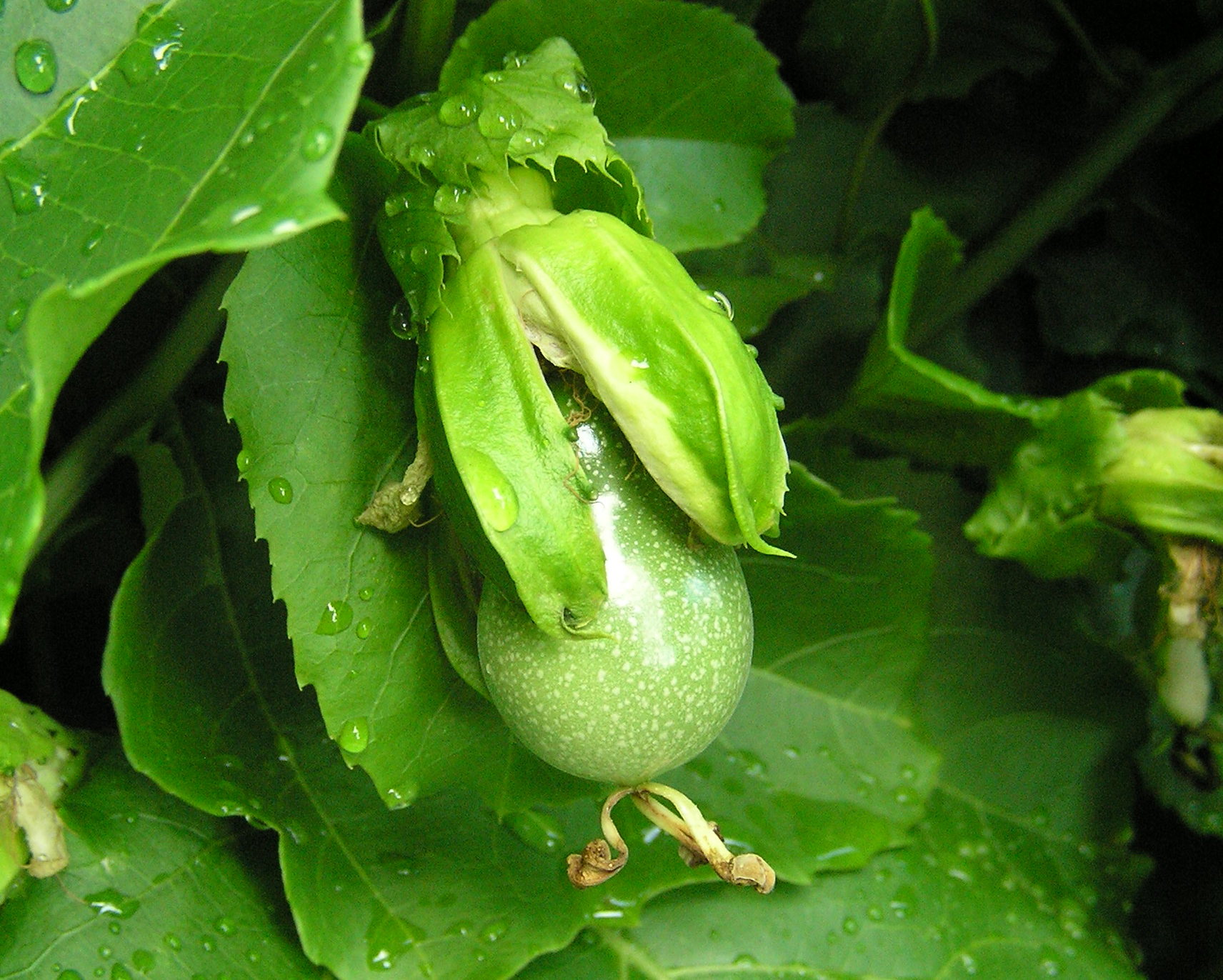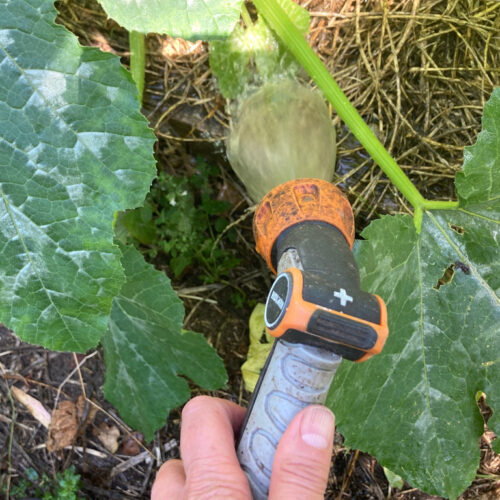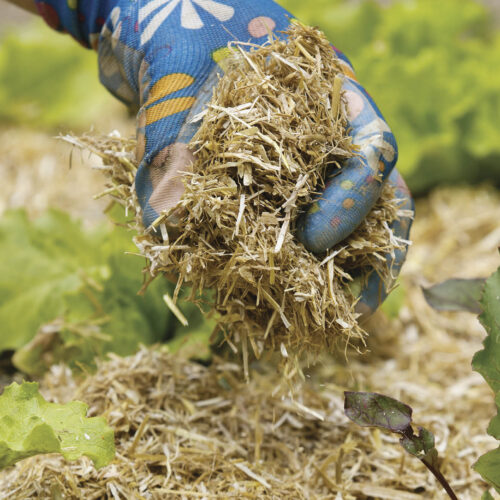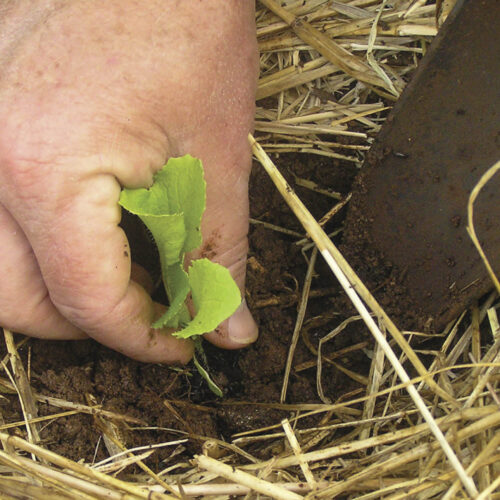How to solve problems with passionfruit
2013-01-09T23:57:51+11:00
Got a passionfruit vine that’s giving you grief? Garden writer PHIL DUDMAN helps to unravel some of the most common hitches.
A typical grievance for backyard passionfruit growers is lack of fruit. If you have a fairly young vine, don’t be too alarmed – it generally takes at least 18 months in ground before they get into full swing production. If it’s an established vine, then there are a number of factors that can be causing poor fruit production. Lack of bees to pollinate the flowers is a frustratingly common one, but fortunately that can be overcome simply by pollinating by hand. All you need is a soft artist brush to pick up some pollen from the yellow pollen sacks (or anthers) and transfer it to the stigma in the centre of the flower.
Beyond this, passionfruit can be pretty sensitive to climatic extremes and nutrient imbalances. Extremes of hot or cold can significantly reduce fruit production – even a run of cloudy days can have a negative effect. If you’ve been a little heavy handed with a high nitrogen fertiliser, then you may find your vine is racing away with lots of luxuriant foliage in lieu of flowers. If this is the case, lay off the fertiliser for a while. Passionfruit vines don’t normally need a lot of encouragement to grow, but having said that, a little trace element mix or rock dust from time to time will help in poor soils.
Excessive growth is another issue. A healthy vine will cover a frame five metres long in just one growing season, no problem, so your frame needs to be solid enough to support the weight of the dense foliage, which gets even heavier when there’s rain about. A strong backyard fence made of galvanised mesh is an ideal support, and the vine will help create an attractive privacy screen. A bit of thinning from time to time during the growing season reduces the bulk, and helps to reveal flowers that may normally be covered by the dense foliage. It also pays to give the whole vine a good all over chop at least once a year towards the end of winter, just when it’s ready to leap into new growth. That reduces the weight significantly and stimulates a lot of new growth on which flowers and fruit will form.
One last issue is fruit fly – yes, they can zero in on passionfruit too, causing fruit to yellow, wither and fall prematurely. A simple organic step to stop attack is to exclude the fly by covering the fruit. A fine net such as a ‘vege net’ will do the trick, or you can try this tip passed on to me by a keen backyard grower. She keeps her old envelopes, which she opens at one of the ends rather than across the top. That way she can just slip them over the fruit and secure with them a peg.






